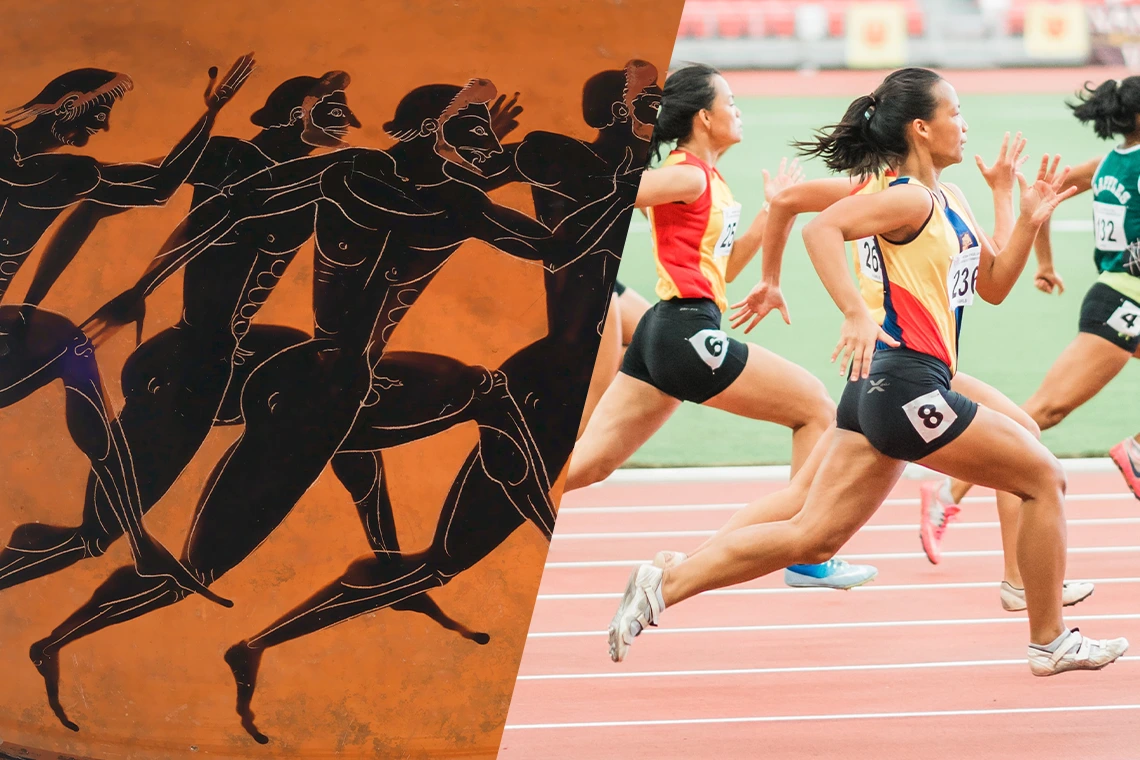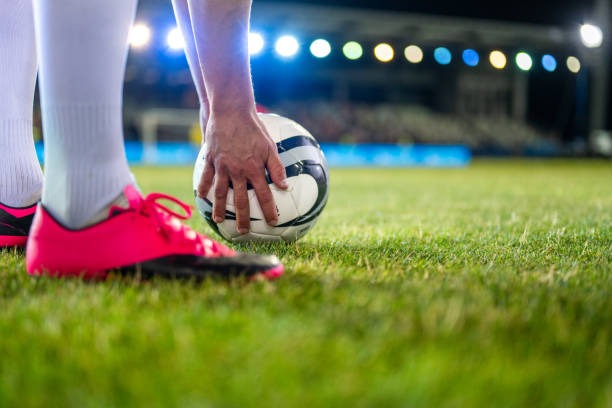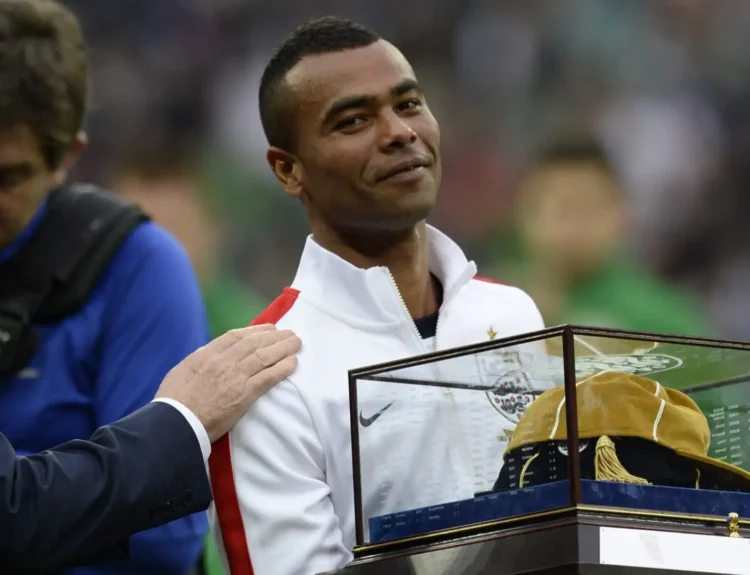Introduction
Sports have played an essential role in human history, serving as both entertainment and a reflection of cultural values. From the ritualistic competitions of ancient civilizations to the globally televised events of today, the evolution of sports is a testament to humanity’s drive for excellence, unity, and expression.
Ancient Beginnings
Sports trace their roots back to ancient civilizations like Egypt, Greece, China, and Mesopotamia. In Ancient Greece, for example, athleticism was a core component of culture and education, exemplified by the Olympic Games founded in 776 BCE. These early games were deeply intertwined with religion and civic identity, often held to honor gods or celebrate military victories.
Sports in the Middle Ages
During the medieval period, sports were primarily shaped by social classes. Nobles engaged in hunting, jousting, and fencing, while peasants participated in folk games and local competitions. While less organized than classical sports, these activities laid the groundwork for modern games by promoting regional traditions and skills.
The Rise of Modern Sports in the 19th Century
The Industrial Revolution and urbanization brought significant changes to the structure and popularity of sports. The 19th century witnessed the formalization of rules, the establishment of clubs, and the birth of major sports like football (soccer), cricket, and rugby. Schools and universities played a major role in promoting organized sports as part of holistic education.
Globalization and Professionalization
In the 20th century, the reach of sports extended beyond borders. The revival of the Olympic Games in 1896 symbolized a new era of international competition. Media advancements, particularly radio and television, helped popularize sports on a massive scale. Athletes transitioned from amateurs to global celebrities, and national leagues gained millions of followers.
Technological Impact on Sports
Today, technology continues to transform sports in unprecedented ways. From instant replay and wearable performance trackers to virtual coaching and AI-based analytics, modern sports are driven by data and innovation. These tools enhance athlete performance, fan engagement, and even officiating accuracy.
Social and Cultural Influence
Modern sports are more than just games—they’re platforms for political, social, and cultural expression. Athletes speak out on issues like racial justice, gender equality, and mental health. Inclusive policies and increased representation have reshaped the narrative around who can play, watch, and benefit from sports.
Conclusion
The evolution of sports from ancient rituals to high-tech spectacles reveals much about human progress. As society changes, so too do the games we play and how we experience them. Understanding this journey helps us appreciate the role of sports not just as recreation, but as a powerful force shaping our global culture.








